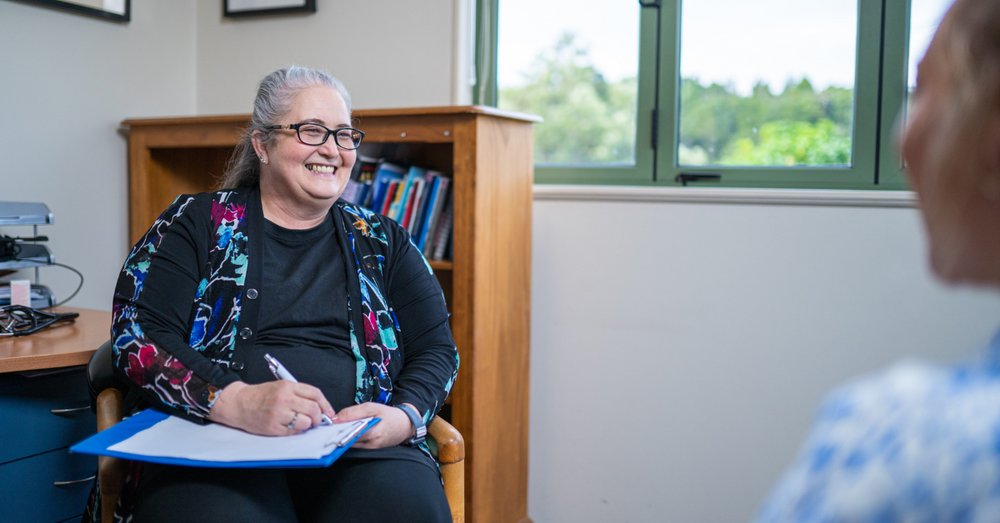Communication skills between doctor and patient

You will often hear about the importance of communication between doctor and patient. Possessing the ability to communicate effectively is integral to a career as a doctor. Effective doctor-patient communication has many benefits including patient happiness, improved collaboration between colleagues, and better patient support.
Where the patient is concerned communication is needed for diagnosis, giving them an understanding of why you have decided on a particular treatment and how it will be administered.
“Medicine is an art whose magic and creative ability have long been recognized as residing in the interpersonal aspects of the patient-physician relationship.” (Ha, Longnecker, 2010, p. 38).
In this article, we will cover what exactly good communication skills are between doctor and patient and how you can improve them.
What are communication skills between doctor and patient?
The communication skills between a doctor and their patient is the way that they interact and communicate with one another. For a doctor to have good communication with their patient, they need to approach every interaction with the intention of understanding how the patient might be feeling and whether they have any concerns.
This encompasses verbal and nonverbal communication skills, practising active listening, and empathy.
Why communication between doctor and patient is important?
Communication between the doctor and thier patient is important for a number of reasons, being a good doctor means doing no harm to your patient, and that includes using your communicative skills in a way that is constructive rather than hurtful.
Looking for a doctor job that matches your career and lifestyle aspirations?
Search jobsGood communication between a doctor and their patient fosters a therapeutic relationship and improves patient satisfaction. In many cases, patient complaints are a result of poor communication skills which is a testament to its importance.
A doctor's communication skills encompass the ability to get the information needed to administer accurate diagnoses, counsel where needed, and establish the trust and respect of their patients.
These are the core clinical skills in the practice of medicine, and they assist you in giving your patient an experience where they feel safe and satisfied that they've been in good hands - this is integral for the effective delivery of health care.
How can you improve communication between doctor and patient?
Communication between a doctor and patient can be improved with an emphasis on active listening and empathy.
Listen to what your patient is saying and put yourself in their shoes and then factor this into your approach.
Every patient will be different and this means that taking the patient's personality type into consideration when formulating an approach to explaining diagnosis and treatment is a good way to improve communication.
For example, there will be some patients who want straight facts, and others who will prefer a display of empathy.
Working as a doctor is inherently stressful, there will be good days and bad days, try taking a deep breath before each patient so as not to let a stressful day get in the way of your communication technique.
Because communication skills and their relationship with patient care are so important they are often incorporated into common doctor interview questions.
